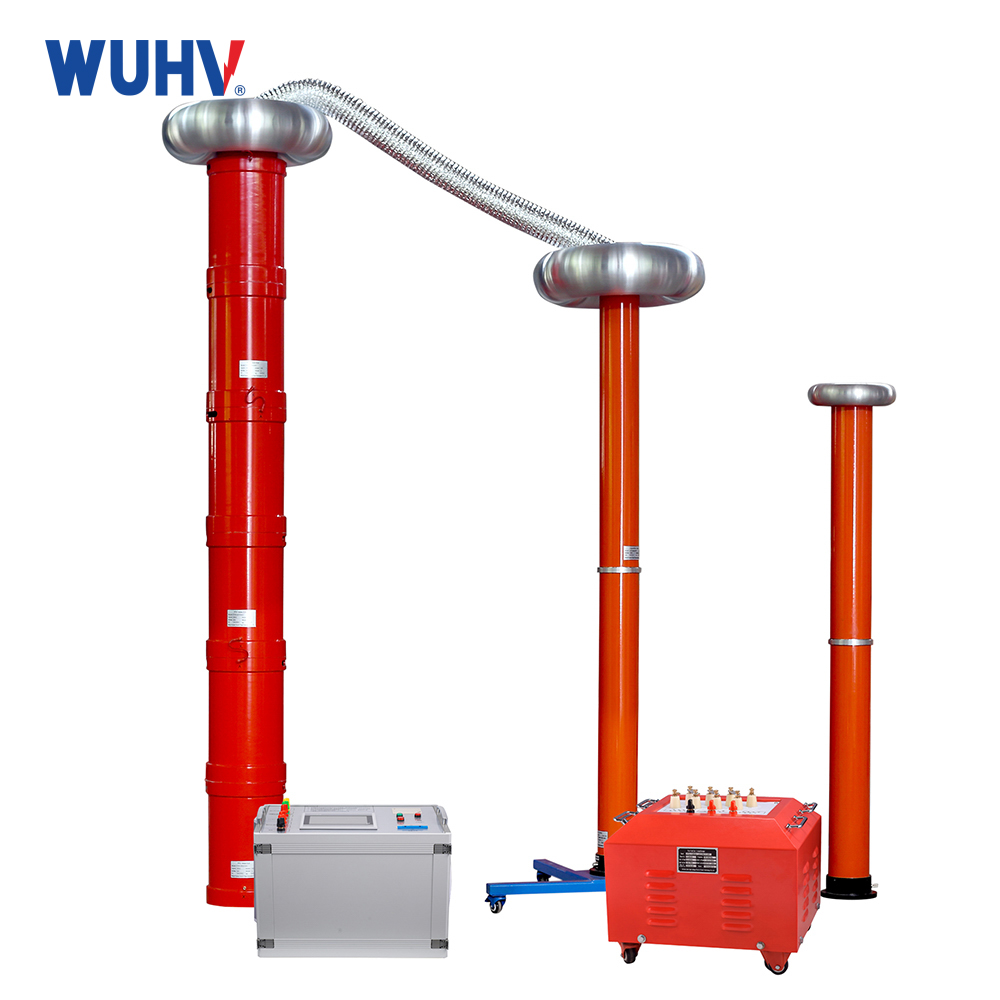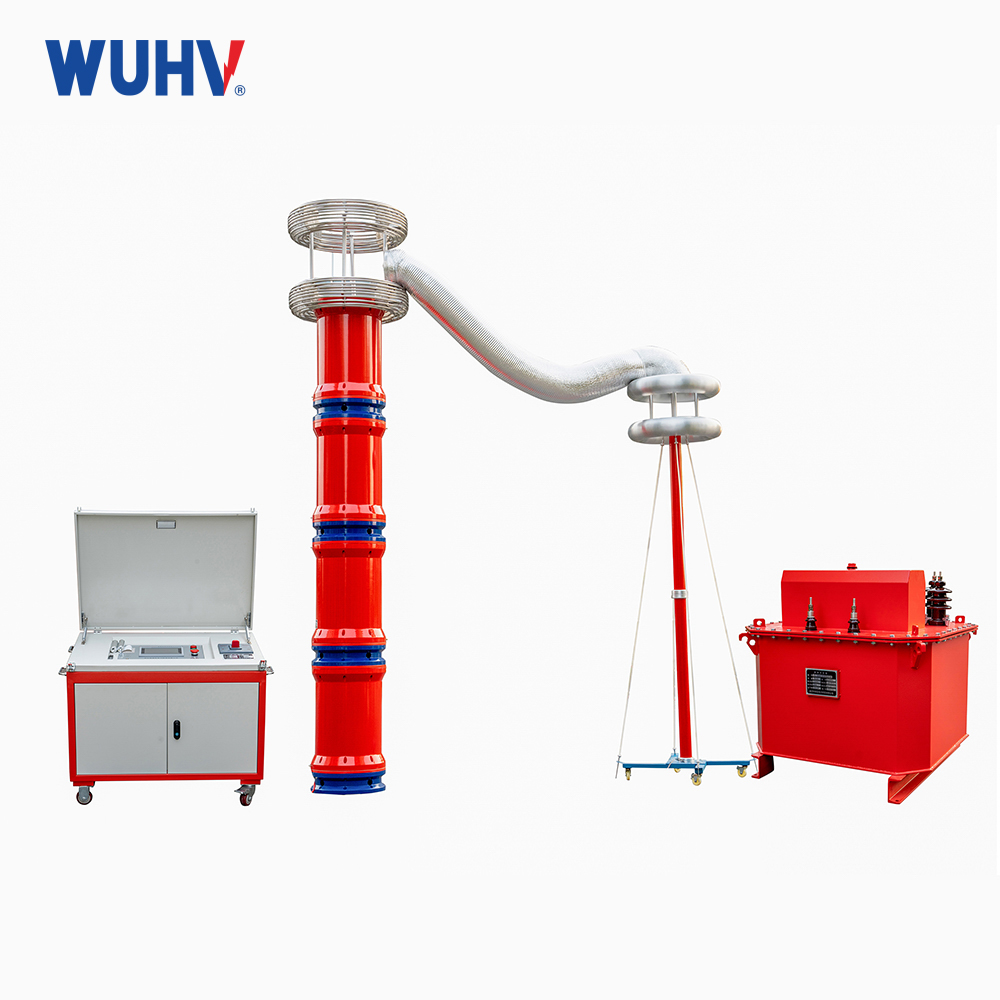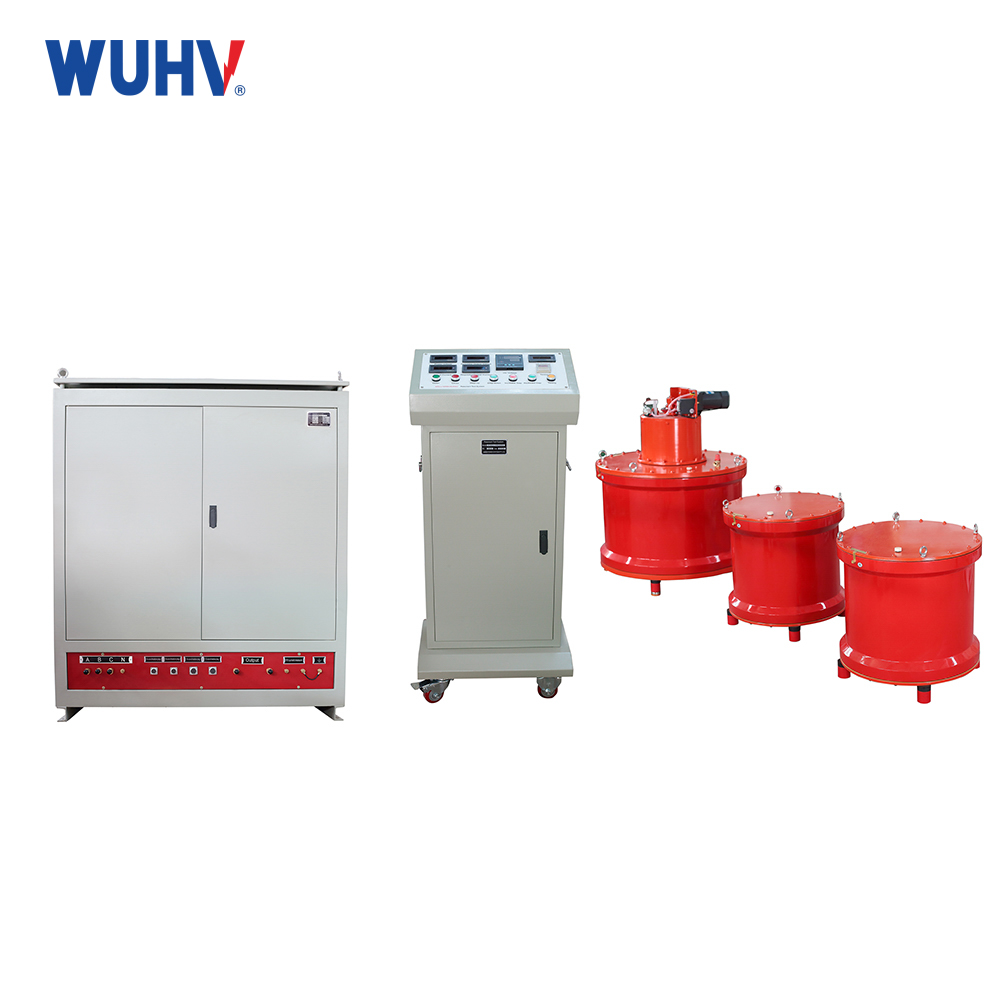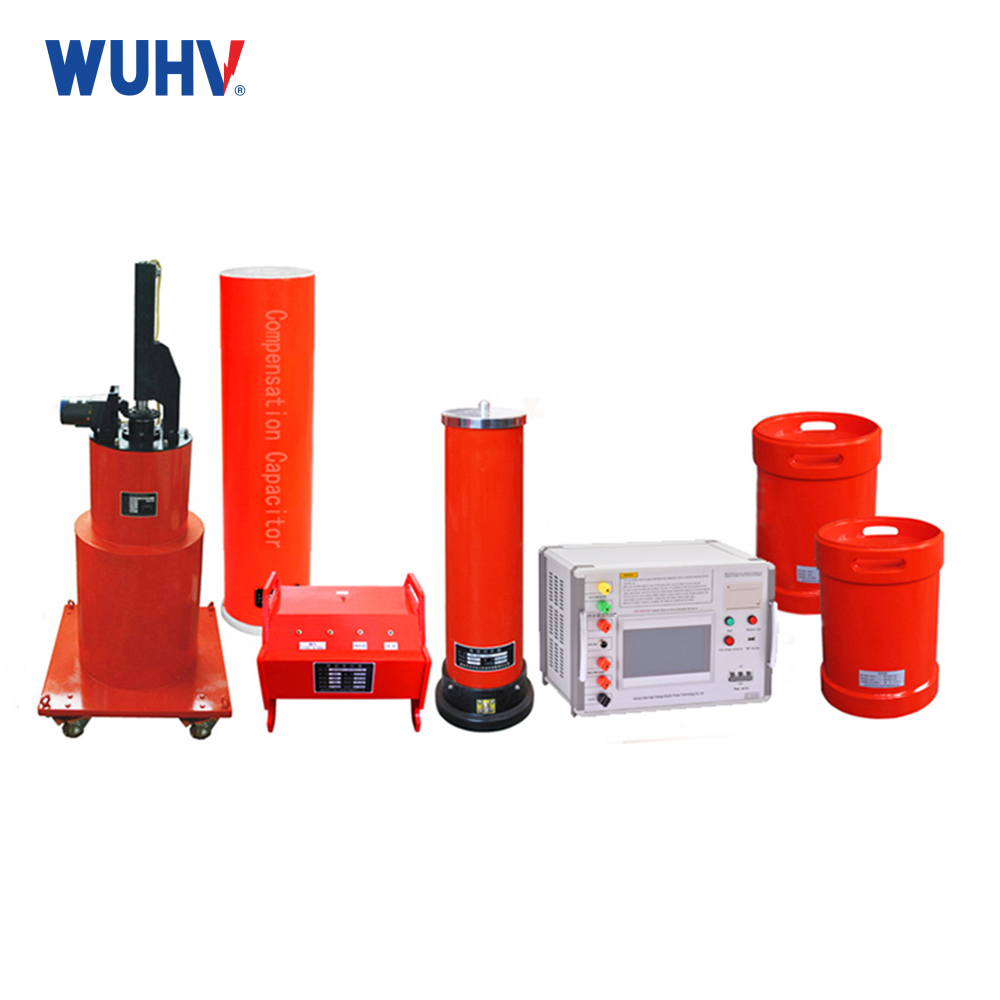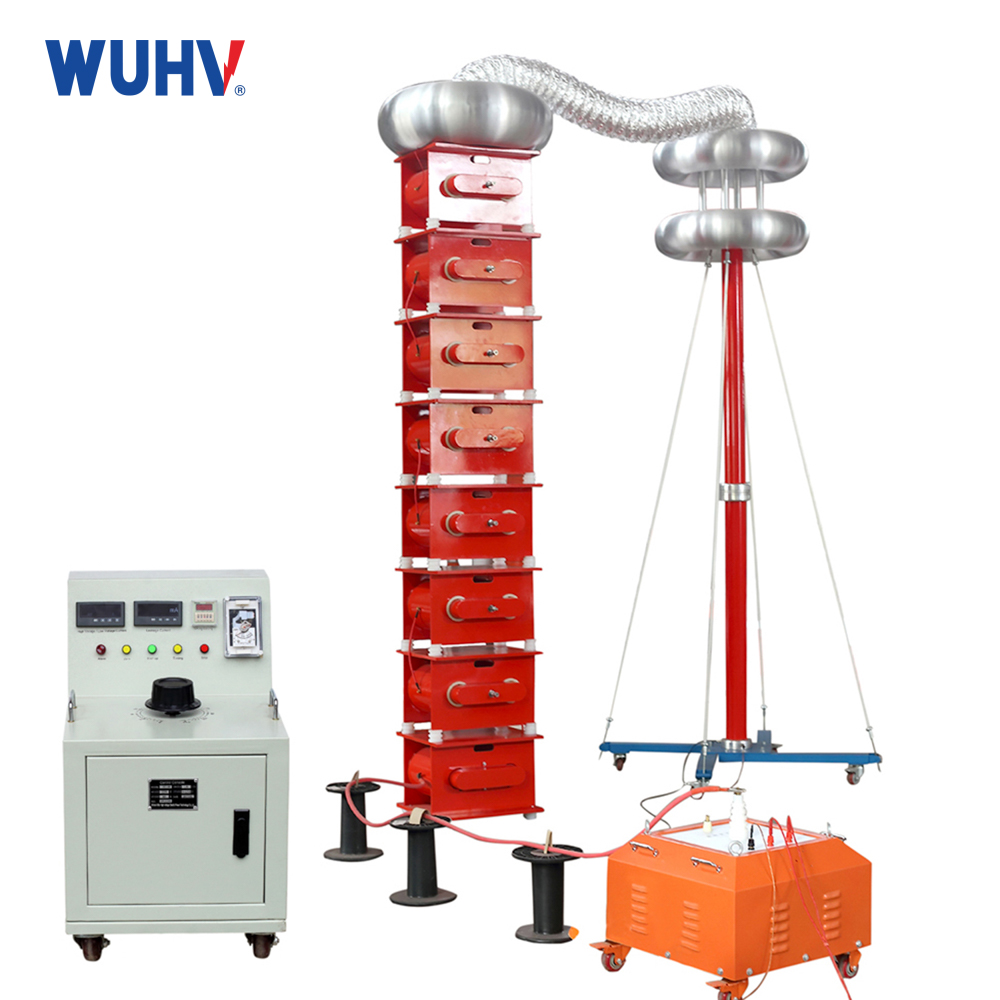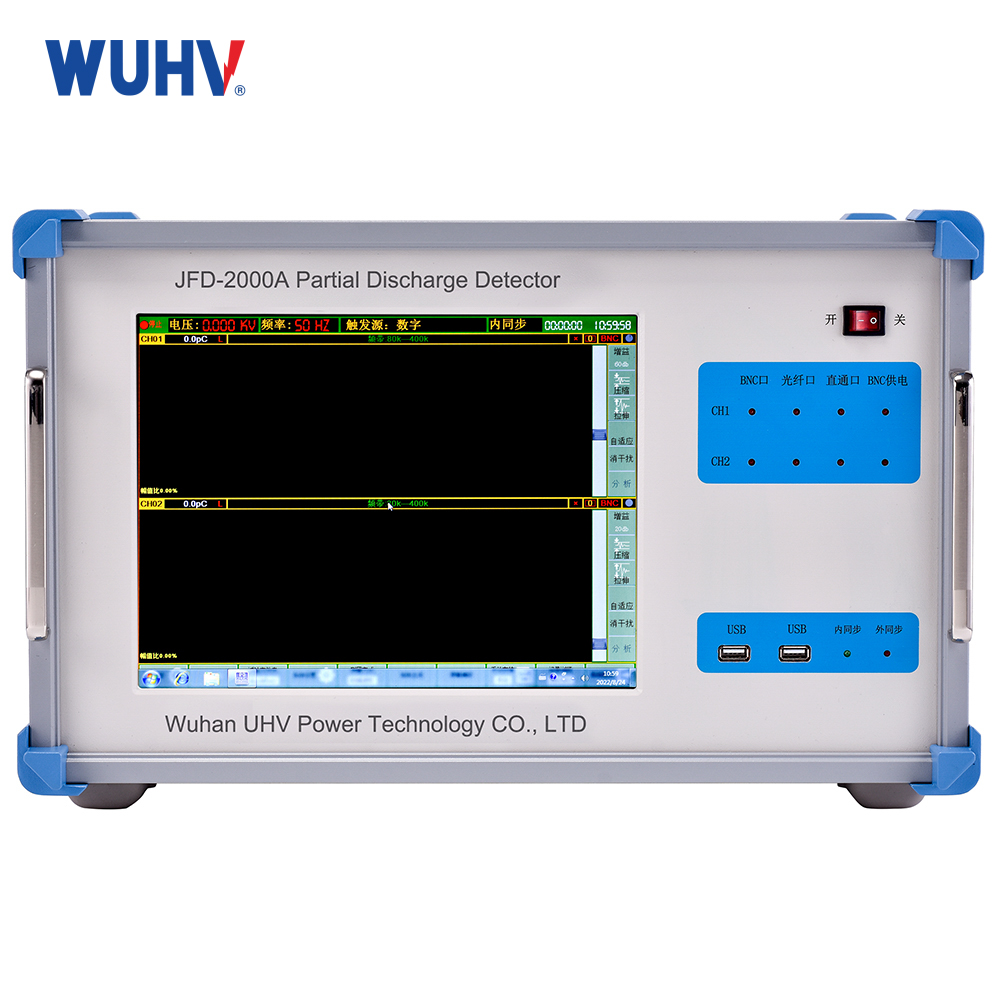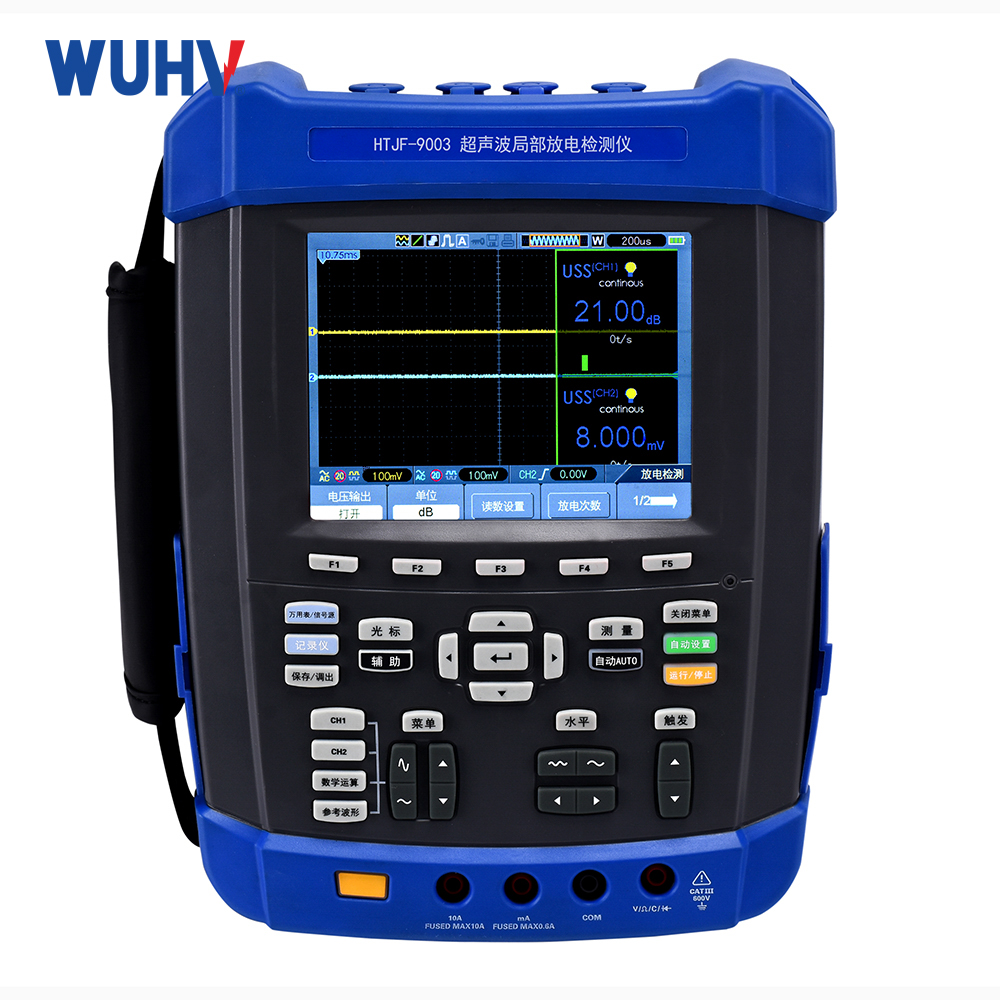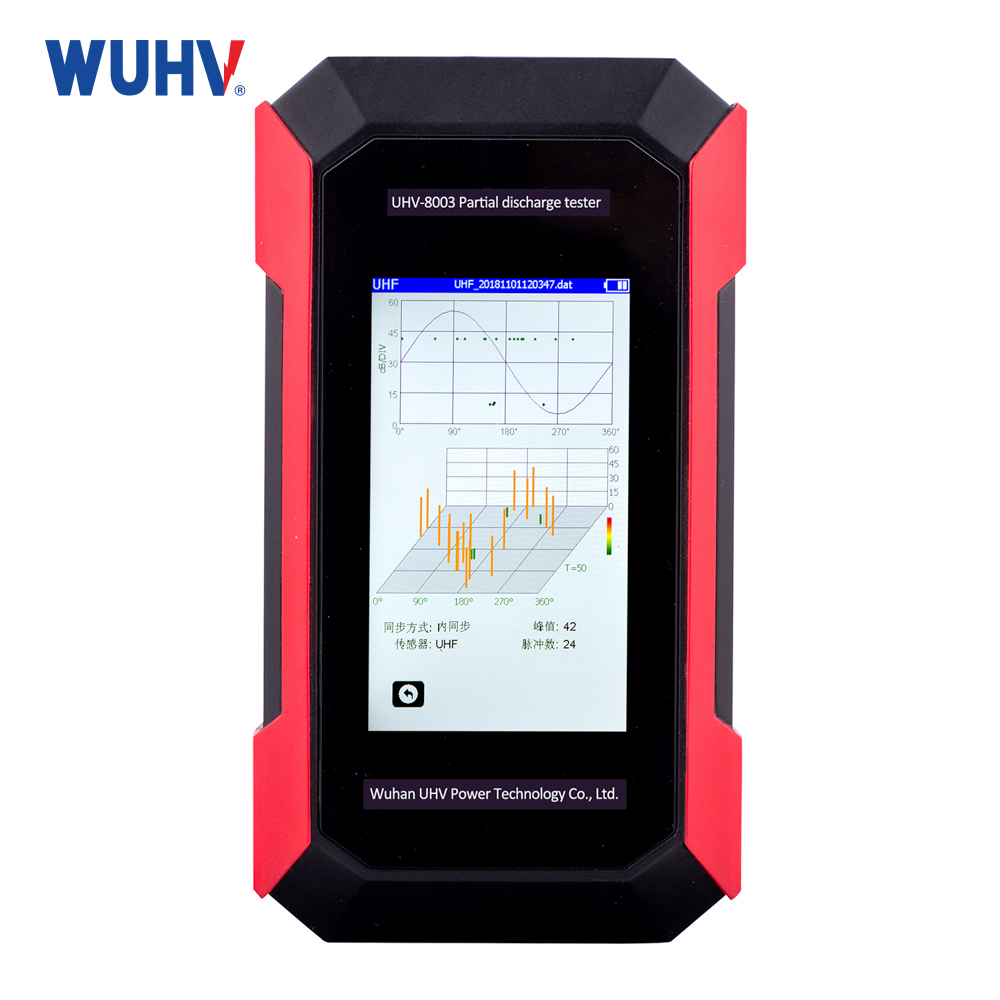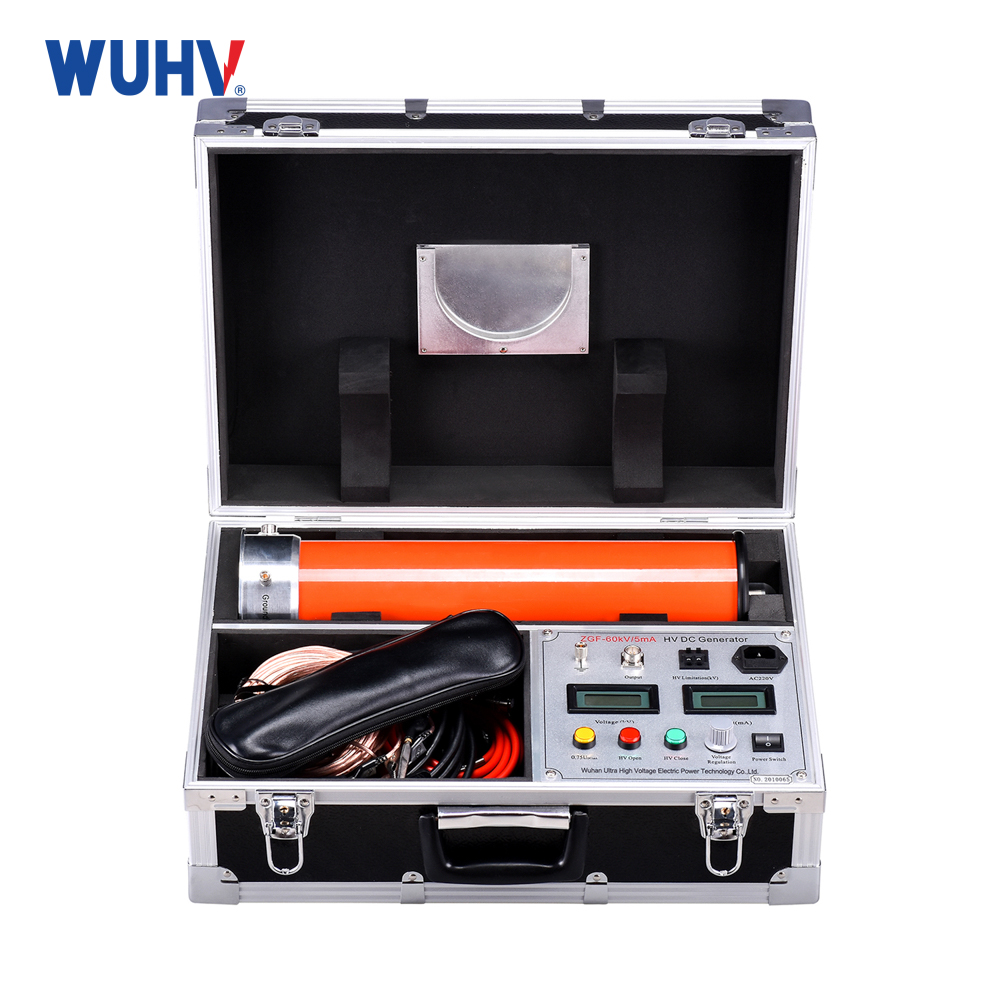The series resonance under Wuhan UHV can help many power workers conduct various power tests more conveniently.
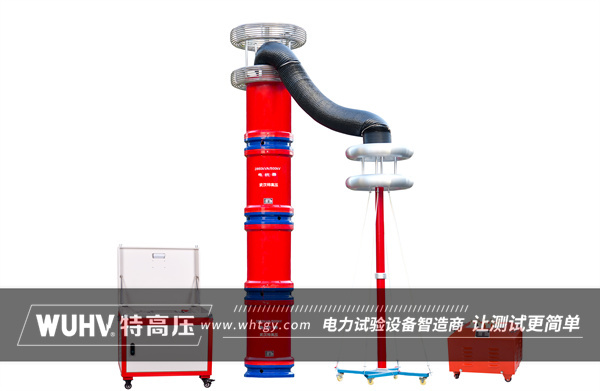
The series resonance conditions can be summarized into the following key points:
Component connection sequence:
Inductance, capacitance, and resistance components must be connected in a certain order. Generally speaking, inductors are located before capacitors in circuits, while capacitors are located before resistors. This arrangement of connection sequence plays a crucial role in the resonance characteristics of the circuit.
Component value selection:
At the resonant frequency, the impedance of the inductive and capacitive components is equal and matches the impedance of the resistive component. This matching relationship ensures that the circuit can achieve maximum amplitude in resonance state.
Frequency condition:
The resonant frequency (f) is related to the inductance (L) and capacitance (C), and satisfies the following relationship: f=1/(2 π√ (LC)). Among them, f is the resonant frequency, L is the inductance value of the inductor, C is the capacitance value of the capacitor, and π is the pi. This formula describes the relationship between frequency and inductance/capacitance values during circuit resonance.
Impedance condition:
At the resonant frequency, the total impedance (Z) of the circuit is equal to the resistance (R), i.e. Z=R. This condition ensures that the total impedance of the circuit is minimized and the current reaches its maximum value during resonance.
Phase condition:
At the resonant frequency, there is a 90 degree phase difference between the voltage and current of the inductive and capacitive components in the circuit. This is determined by the properties of the inductive and capacitive components themselves, and is also an important characteristic of circuit resonance.
Additional incentive frequency:
The frequency of the external periodic excitation must be equal to the resonant frequency of the circuit. Only when the external excitation frequency perfectly matches the resonant frequency of the circuit, can the circuit reach a resonant state and the amplitude reach its maximum value.
In summary, the series resonance conditions include appropriate component connection sequence, appropriate component value selection, meeting specific frequency conditions, impedance conditions, and phase conditions, as well as matching the external excitation frequency with the resonance frequency. These conditions collectively ensure that the circuit can achieve maximum amplitude and minimum impedance in resonance state, thus playing an important role in practical applications.


